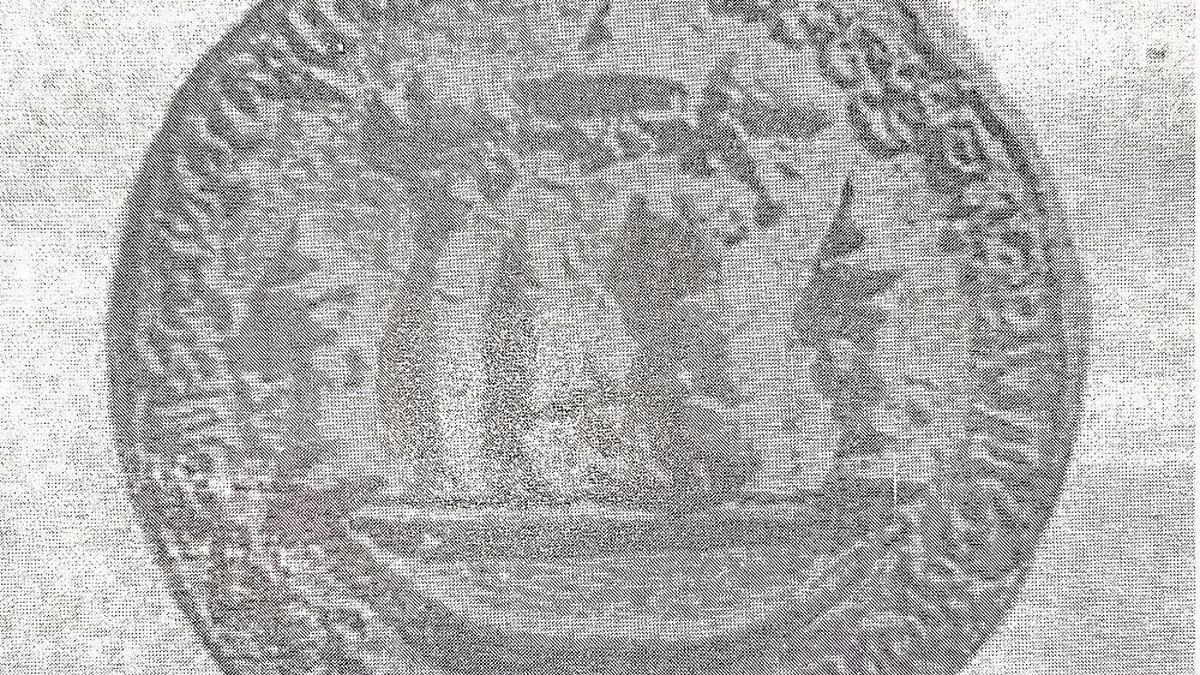
Idol Wing begins investigation to trace Chola period copper plate
The Hindu
Idol Wing CID investigates missing Chola copper plate from Anbil temple, seeks public help for recovery.
Officials of the Idol Wing CID on Friday have begun investigations to trace a Chola period copper plate that has been missing for a long time from the Sri Sathiyavaheeswarar Temple at Anbil near Tiruchi.
R. Sivakumar, Superintendent of Police, Idol Wing, visited the Srirangam Ranganathaswamy temple along with ADSP G Balamurugan, and Inspector R. Indira and conducted enquiries with the officials there as the Anbil temple comes under the temple. They also visited the temple museum to check for records. Later the team visited the temple at Anbil and conducted inquiries with the locals.
Their visit comes in the wake of a statement issued by the Idol Wing CID on Thursday requesting the public to share information, if any, about the missing copper plate.
The copper plate belonging to the Sivan temple has been missing for a long time. A complaint was filed by the Director of Museum, Tamil Nadu, with the Idol Wing police in 2023 following which an FIR was filed in January, 2024.
Known as Anbil plate, it was believed to have been given by King Sundara Chola and carries information about a parcel of land given to his minister in 961 AD and the services rendered by the ancestors of Madhava Bhattar to the Srirangam Ranganathaswamy Temple.
Preliminary investigation in the case revealed that a group of archaeologists from Mysore had visited the temple and copied it in 1957. After this, the plate was not found in the temple and there has been no information about it either.
It was of utmost significance that the copper plate was recovered to showcase the cultural heritage of the region, the release said. The public can contact the Idol wing SP by dialling 9842126150 or the Inspector at 9498156669 to provide information relating to the plate.

“Writing, in general, is a very solitary process,” says Yauvanika Chopra, Associate Director at The New India Foundation (NIF), which, earlier this year, announced the 12th edition of its NIF Book Fellowships for research and scholarship about Indian history after Independence. While authors, in general, are built for it, it can still get very lonely, says Chopra, pointing out that the fellowship’s community support is as valuable as the monetary benefits it offers. “There is a solid community of NIF fellows, trustees, language experts, jury members, all of whom are incredibly competent,” she says. “They really help make authors feel supported from manuscript to publication, so you never feel like you’re struggling through isolation.”

Several principals of government and private schools in Delhi on Tuesday said the Directorate of Education (DoE) circular from a day earlier, directing schools to conduct classes in ‘hybrid’ mode, had caused confusion regarding day-to-day operations as they did not know how many students would return to school from Wednesday and how would teachers instruct in two modes — online and in person — at once. The DoE circular on Monday had also stated that the option to “exercise online mode of education, wherever available, shall vest with the students and their guardians”. Several schoolteachers also expressed confusion regarding the DoE order. A government schoolteacher said he was unsure of how to cope with the resumption of physical classes, given that the order directing government offices to ensure that 50% of the employees work from home is still in place. On Monday, the Commission for Air Quality Management in the National Capital Region and Adjoining Areas (CAQM) had, on the orders of the Supreme Court, directed schools in Delhi-NCR to shift classes to the hybrid mode, following which the DoE had issued the circular. The court had urged the Centre’s pollution watchdog to consider restarting physical classes due to many students missing out on the mid-day meals and lacking the necessary means to attend classes online. The CAQM had, on November 20, asked schools in Delhi-NCR to shift to the online mode of teaching.









